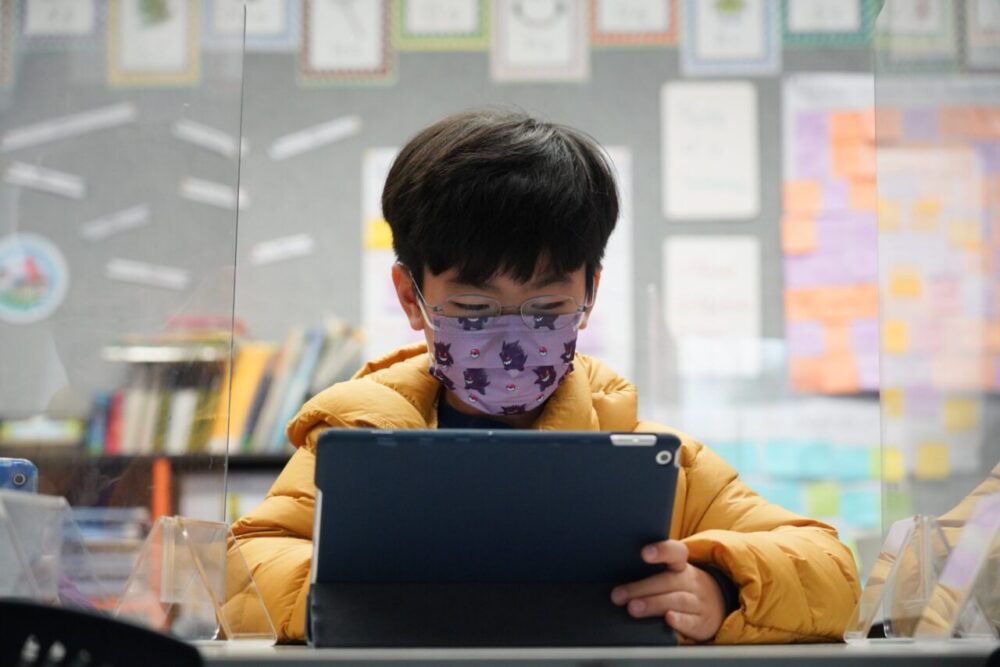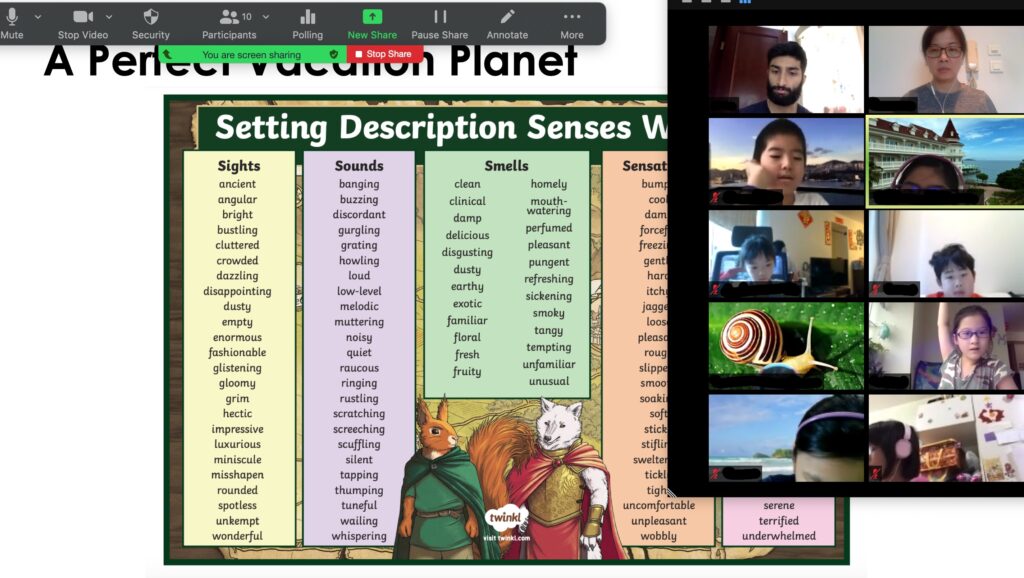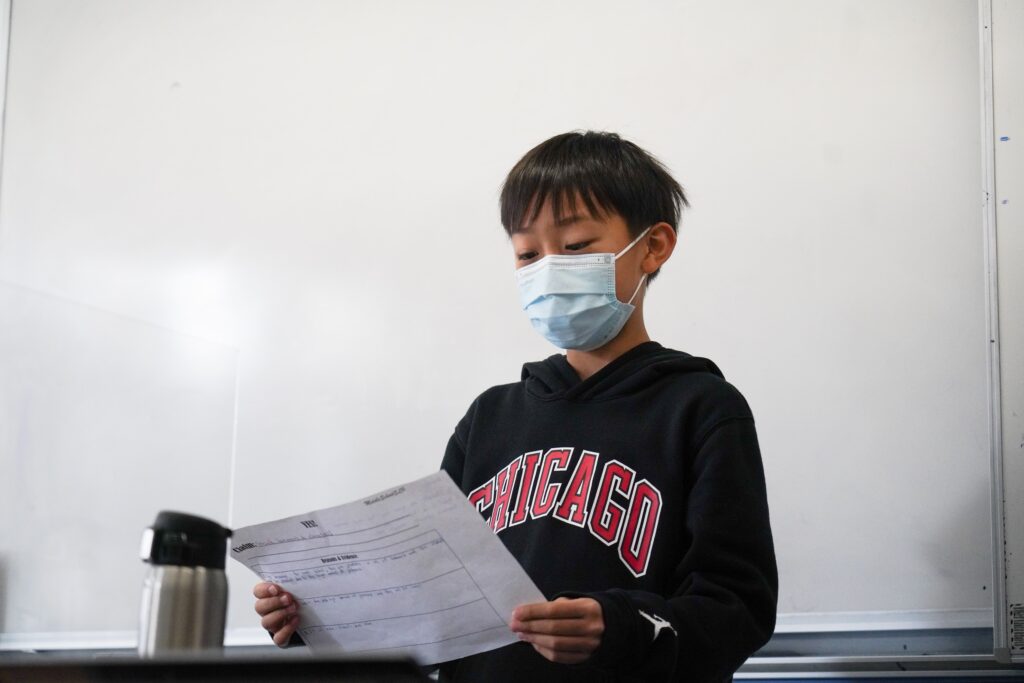
It has almost been 2 years since the start of the pandemic. While unexpected, we have inevitable kick-started a new age in which working or studying at home has slowly become a new normal. That said, countless routines are disrupted or fundamentally changed under this model, with education being one that is strongly affected.
Much can be said about how being absent from school could affect the growth of students. Disrupted curriculum, cessation of in-person activities, development of friendships among peers, to list a few, are often mentioned in terms of how this undesirable global situation is affecting the growth of young learners.
But homeschooling is not a new concept. Taking the United States as an example, 3% to 4% of the school-going population in the US is homeschooled, according to the most recent federal data. As of February 2020, a total of at least 9 million Americans had gone through homeschooling at least once, and this system also does not necessarily equate to worse academic results. A survey conducted in 2020 shows that 67% of homeschooled students successfully graduate from college. So what is the silver lining to this story? What are the positives of learning at home?
Benefits of Home Learning
Since the COVID outbreak in 2020, researchers in the field have been making continuous efforts into understanding the impact of school closures on current learners. Findings have shown that some kids actually thrived during remote learning. They in turn highlighted some of the problems with physical classrooms, such as undesirable social situations and the inflexible schedule.

Autonomy for Students
During the pandemic, school schedules have become more fluid, allowing students more options over when and how they do their school work. This flexibility in making their own plans is also allowing them the time to exercise, take breaks, or let their brain idle, all of which research shows is beneficial. To achieve effective learning out of school, the system demands students’ autonomy, the capacity for independent learning, executive functioning, self-monitoring and the capacity to learn online. These are all essential skills for the present and the future in which under proper guidance, children could experience and learn better in a homeschooling environment.
Another issue may lie simply in sleep. A study done by CDC shows that about 6 out of 10 (57.8%) middle school students did not get enough sleep on normal school nights. Sleep deprivation among children and teens can cause problems with attention, memory, and problem-solving. A more flexible schedule might just be the right fix to this issue.
Stress-related Issues
Apart from that, stress-induced from school work might also be alleviated. According to a Pew Research Center study, teens cite academic pressure as the top pressure they face, with 61% of teens reporting they feel the need to achieve at a certain level academically, and are twice as likely to report unhealthy levels of stress during the school year compared to the summer. With the pressure of failing in class or tests now limited as school activities reduced, students could focus on the content of study itself, and rebuild their confidence in learning.

The Bright Side of Things
It is certain that some of the features of traditional classrooms could never be replicated in a virtual, online environment, but while it is challenging, there is always a bright side to the story. Through proper guidance from parents and teachers, the possibility is always there for students to achieve the same heights, regardless of where they are at.
ESF Language & Learning provides many online tools and resources available at your fingertips. Check out our website and learn more about how to improve your learning!
References:
“50+ Homeschooling Statistics 2021 - US Data and Trends.” ThinkImpact.Com, 23 July 2021, www.thinkimpact.com/homeschooling-statistics/#:%7E:text=3%25%20to%204%25%20of%20the,of%20homeschooled%20students%20representing%2068%25.
Fleming, Nora. “Why Are Some Kids Thriving During Remote Learning?” Edutopia, 25 Apr. 2020, www.edutopia.org/article/why-are-some-kids-thriving-during-remote-learning.
Megalokonomou, Rigissa, and Sofoklis Goulas. “Being Able to Skip Classes Improves Some Students’ Performance. Others Struggle with More Autonomy.” The Conversation, 5 Aug. 2021, theconversation.com/being-able-to-skip-classes-improves-some-students-performance-others-struggle-with-more-autonomy-164945.
Suni, Eric. “Improve Your Child’s School Performance With a Good Night’s Sleep.” Sleep Foundation, 15 Jan. 2021, www.sleepfoundation.org/children-and-sleep/sleep-and-school-performance#:%7E:text=Without%20enough%20sleep%2C%20children%20and,children%20to%20succeed%20in%20school.









